Related searches
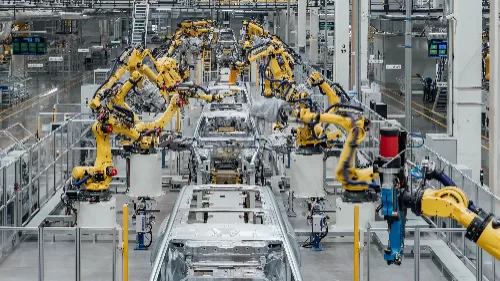
Smaller Footprints, Bigger Possibilities
Traditional car manufacturing required factories the size of small towns. But tomorrow’s plants are shrinking—and multiplying. Micro-factories, some as compact as a Walmart Supercenter, are popping up in suburbs and industrial parks. These facilities use modular assembly lines that can pivot between gas, hybrid, and electric models in days, not years.
This downsizing revolution cuts waste and energy use. Smaller car manufacturing hubs mean shorter supply routes, fewer carbon-spewing cargo ships, and less reliance on overseas parts. Imagine a factory that fits between a Costco and a coffee shop, building cars tailored to its neighborhood’s needs—snow-ready SUVs in Minnesota, sun-proof pickups in Arizona.
The New Currency of Car Manufacturing
Time is the Achilles’ heel of traditional car manufacturing. Designing a new model once took half a decade. Now, AI-driven prototyping and 3D printing slash development to months. On the factory floor, robots assemble battery packs in hours, not weeks, while augmented reality (AR) goggles guide workers through complex tasks with laser precision.
This speed isn’t just for automakers—it benefits buyers, too. Want a car in a custom color or with a unique trim? Car manufacturing 2.0 can deliver it in weeks, not months, turning mass production into “me-scale” production.
The Rise of Local Factories
Globalization once centralized car manufacturing in a few mega-hubs. But geopolitical tangles and pandemic snarls exposed the risks. The fix? Regional factories serving local markets. Tesla's “Gigafactory” model—which places plants near key buyers—is spreading. These localized hubs source materials from nearby mines and hire from surrounding towns, creating closed-loop ecosystems.
For drivers, proximity means transparency. Tour your car's birthplace on a weekend, watch it being built via live factory cams, or even volunteer to install a signature plate (for a fee). Car manufacturing becomes a community affair, not a distant corporate ritual.
The Tech Fueling the Shift
Three innovations are rewriting car manufacturing rules:
Modular Platforms: Skateboard-like chassis that accommodate multiple body types.
Battery-as-a-Frame: Structural batteries that are part of the car's skeleton.
AI Quality Control: Cameras that spot defects faster than any human eye.
Together, they let small factories compete with giants.
The Human Touch in a Robotic Age
Smaller car manufacturing doesn't mean fewer jobs—it means different ones. Robots handle welding and painting, but skilled technicians program systems, maintain AI, and manage hyper-customized orders. These roles pay better than traditional assembly line work but demand tech fluency.
Unions are adapting, too. Training programs now focus on coding and robotics, preparing workers for a car manufacturing landscape where STEM skills trump wrench-turning.
The Roadblocks Ahead
Not all automakers are onboard. Legacy brands cling to old car manufacturing playbooks, fearing the cost of overhauling factories. There's also the challenge of scaling micro-factories without losing their nimbleness.
Yet consumer demand tilts the scales. Buyers increasingly want cars reflecting their values—local jobs, sustainability, personalization. Car manufacturing must evolve or risk irrelevance.
Conclusion
The era of monolithic, centralized car manufacturing is ending. In its place are nimble, eco-friendly factories that put consumers first. Whether you’re buying an electric SUV or a compact hybrid, these changes ensure your car is built smarter, faster, and with a smaller environmental footprint.
As technology evolves and demand shifts, the car manufacturing industry is proving that bigger isn't always better—closer, faster, and greener is the new gold standard.
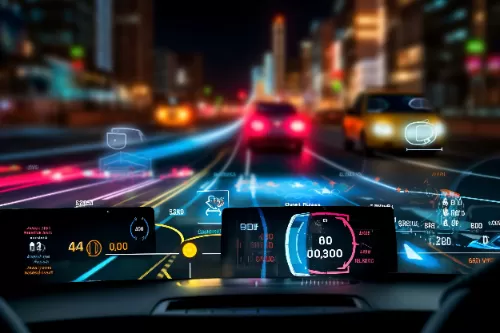 Are Self-Driving Cars Safer Than Humans
Are Self-Driving Cars Safer Than Humans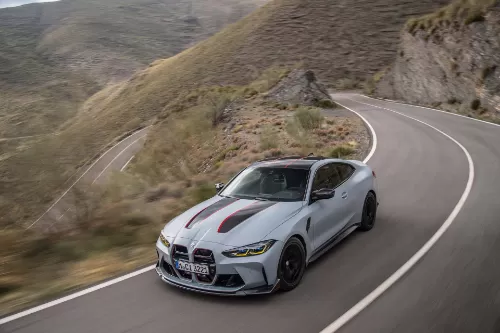 How Lightweight Materials Are Making Cars Safer, Cheaper, and Greener
How Lightweight Materials Are Making Cars Safer, Cheaper, and Greener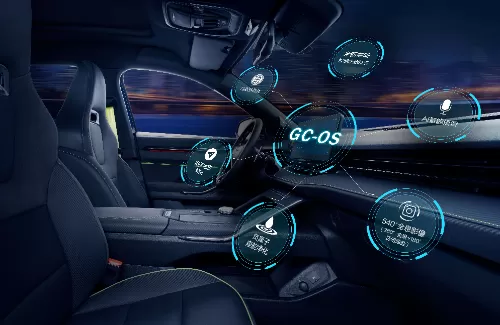 The Future of Road Trips: How Smart Cockpits Turn Boredom into Adventure
The Future of Road Trips: How Smart Cockpits Turn Boredom into Adventure The Future of Car Factories: Smaller, Faster, and Closer to You
The Future of Car Factories: Smaller, Faster, and Closer to You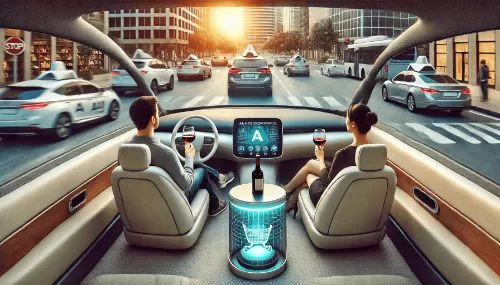 Why Your Next Road Trip Needs a Co Pilot Named Intelligent Driving
Why Your Next Road Trip Needs a Co Pilot Named Intelligent Driving


